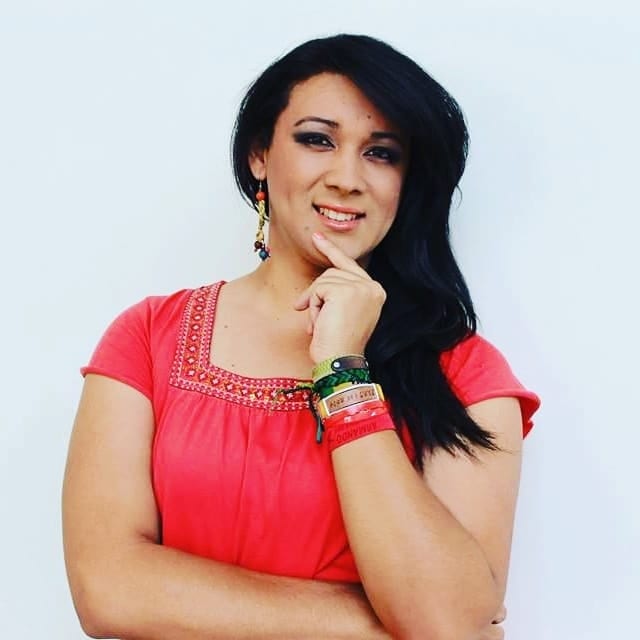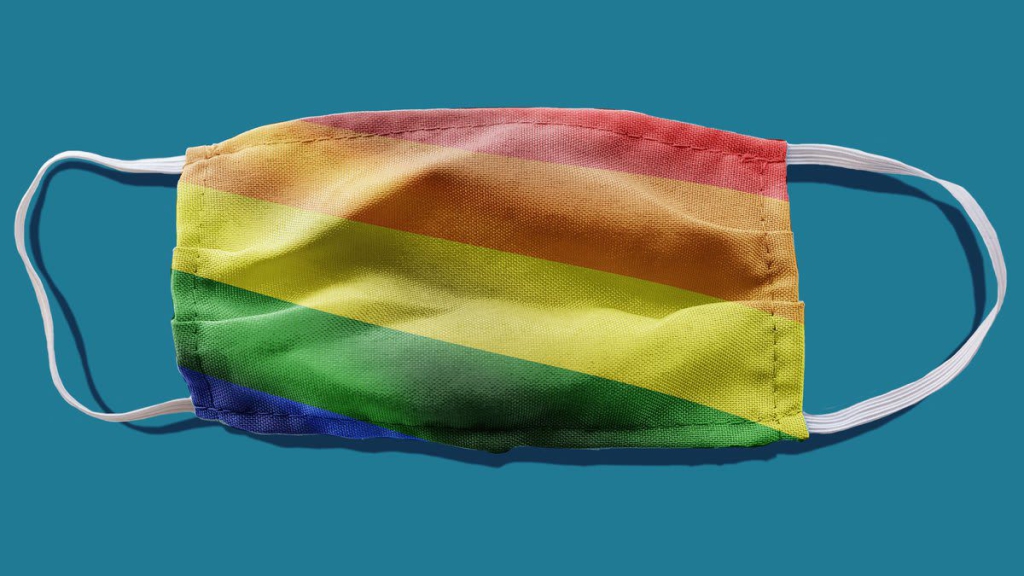
In these uncertain and unprecedented times, LGBTQ elected officials have stepped up to the place to lead their communities, keeping them safe and healthy physically, emotionally, and financially. At each level of government, these elected officials have worked tirelessly since the start of the coronavirus pandemic to aid and protect their respective communities. Victory Institute wants to highlight and honor the amazing work some of these individuals conducted which emphasizes the importance and power of LGBTQ electoral representation.
Senator Kyrsten Sinema (AZ)
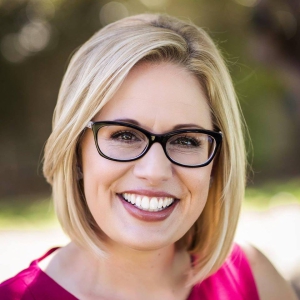
Arizona Senator Kyrsten Sinema, currently serving on the White House task force for COVID-19 economic recovery, urged the Senate to increase funding for domestic abuse survivors. She advocated to fellow legislators to dedicate funding providing rural Arizonan communities with free or discounted broadband, ensuring everyone has Internet access. Senator Sinema’s conversations with leaders of Arizona’s Indigenous communities on coronavirus’ impact helped her lend them a voice in national COVID-19 dialogues.
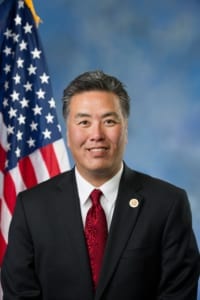
Rep. Mark Takano (CA-41)
Representative Mark Takano from California’s 41st District introduced several bills aimed to increase the range of Congress’ coronavirus responses, including a bill aiding student veterans impacted by coronavirus and a bill expanding protected access to family and medical leave to 12 weeks.
Gov. Kate Brown (Oregon)
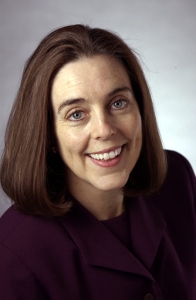
Oregon’s Governor, Kate Brown, has been hard at work guiding her state through the pandemic. She distributed personal protective equipment to long-term care facilities and created a framework for safely reopening Oregon, including increased coronavirus testing and containment systems for new cases. Additionally, Governor Brown prevented creditors and debt collectors from seizing CARES Act payments. Her “Stay Home, Save Lives” campaign, launched in March, has since spread across the Internet, sharing COVID-19 information across the nation.
AG Maura Healey (MA)
Massachusetts Attorney General Maura Healey passed several emergency regulations to help Massachusetts’ residents, including one prohibiting the price gouging of critical goods and services during the pandemic and one protecting consumers from harmful debt collection practices. She also stood up to the United States Department of Agriculture, demanding they suspend rule-making that would cut SNAP food assistance benefits.
Mayor Lori Lightfoot (Chicago, IL)
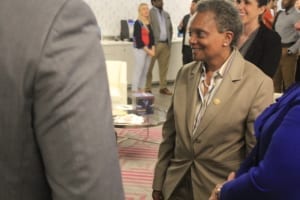
Mayor Lori Lightfoot from Chicago, Illinois recently went viral with her short sketch comedy video “Stay Home Save Lives,” but she’s also been fighting for Chicago’s vulnerable communities. Mayor Lightfoot created a cloth face mask drive and spoke on many platforms (Oprah, the Daily Show with Trevor Noah, Rachel Maddow) about the disproportionate deaths of African American people in the United States from coronavirus. She’s ensured the safety of people potentially quarantined in unsafe circumstances by enacting grants to community-based street outreach and victim services organizations in communities at high risk of violence. Further, she partnered with Uber and Lyft to help domestic violence victims escape unsafe situations.
Mayor Jenny Durkan (Seattle, WA)
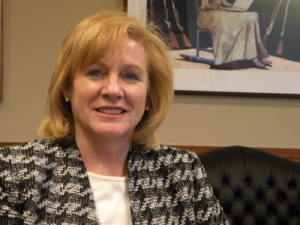
Seattle, Washington’s Mayor Jenny Durkan created the “Stay Healthy Streets” initiative, closing portions of local greenways to cars, allowing walking and biking on the road. Her focus on keeping Seattle healthy extends to parks and farmer’s markets, which she enabled to stay open via her #KeepItMoving campaign. Mayor Durkan’s 24/7 hygiene stations around the city and 1,900 new temporary housing options aid Seattle’s vulnerable residents. She even made Seattle the first Untied States city to designate coronavirus testing sites by and for first responders.
Supervisor Rafael Mandelman (San Francisco, CA)
San Franciscan Supervisor Rafael Mandelman demonstrated ways local governments can help their cities. He approved the Public Health Emergency Leave Ordinance, which amended paid sick leave and emergency family medical leave benefits. Supervisor Mandelman also urged Public Health Orders to expedite hotel room placements for people experiencing homelessness and introduced a resolution advocating that the city establish hygiene stations. He’s fought for gig workers, pushing for their increased protections and benefits.
These LGBTQ leaders have used their platforms to create change benefitting their constituencies on the whole, and particularly spoke out to protect marginalized communities. Victory Institute thanks them for their courage and dedication in the face of difficult times and knows all of the LGBTQ individuals in elected official positions will continue to advocate for vulnerable communities.
